10 Foods That Are Beneficial to Eye Health
There are numerous foods that are rich in essential vitamins, nutrients, and antioxidants that are highly beneficial for eye health. From leafy greens to nuts and seeds and everything in between, discover the best top ten foods that will not only improve an individual's eyesight but support healthy vision too.
Spinach, Kale And Other Leafy Greens
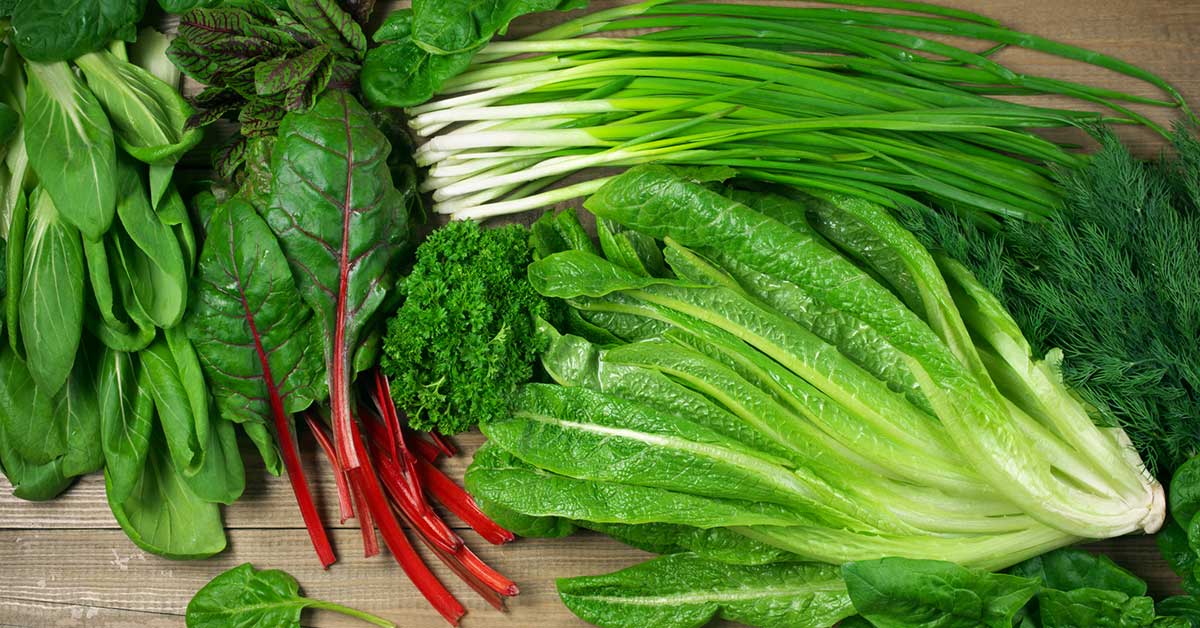
Spinach and kale contain high amounts of lutein, which has been found to reduce the risk of age-related eye diseases. Spinach and kale also contain antioxidants that shield eyes from sunlight damage and exposure to air pollutants. Other plant foods that contain lutein are collard greens, turnip greens, romaine lettuce, and broccoli. Aside from supporting healthy vision, leafy greens are low-fat, fibrous foods that improve heart health. Smoothies containing leafy greens have become increasingly popular due to more individuals relying on greens for energy.
Orange And Yellow Fruits And Vegetables
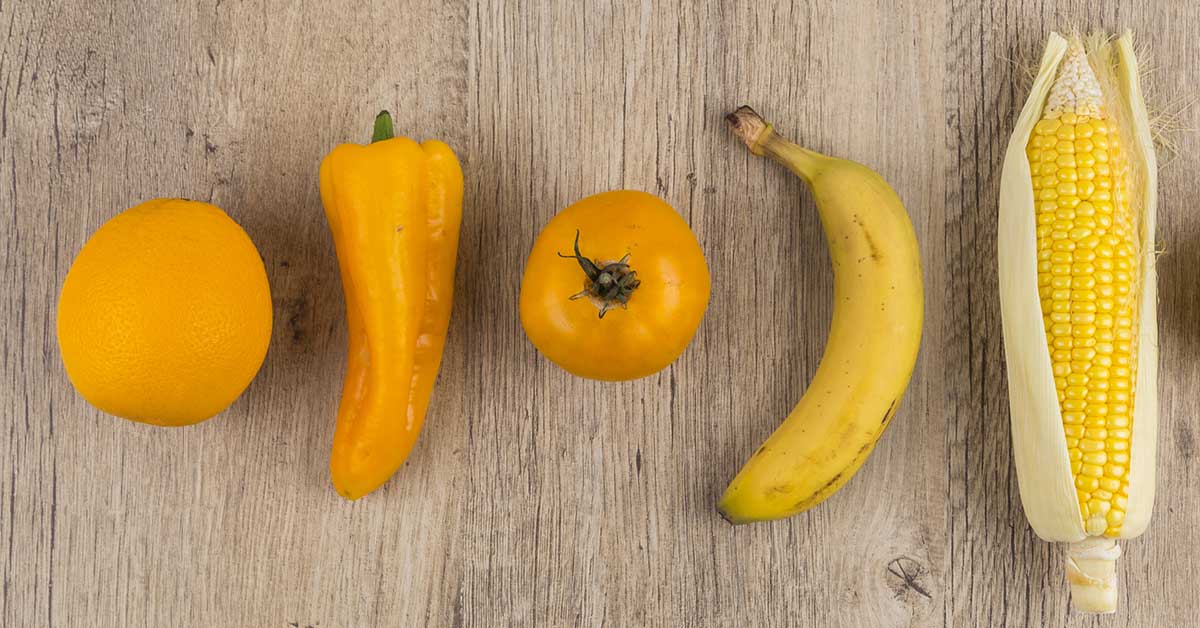
Orange and yellow vegetables contain beta-carotene. Beta-carotene acts as an aid in proper immune system function and to support healthy skin. Once it is absorbed into the body, it helps produce vitamin A, which is incredibly good for a person's eyesight for a number of reasons. Vitamin A is known to help to reduce inflammation in the body, support neurological function, and help protect against infections within the body. Alternative food sources of beta-carotene are sweet potatoes, cantaloupe, apricots, squash, and pumpkin. Consuming enough vitamin A from food sources is a preventative measure against having to ingest oral supplements.
Nuts And Seeds For Vitamin E
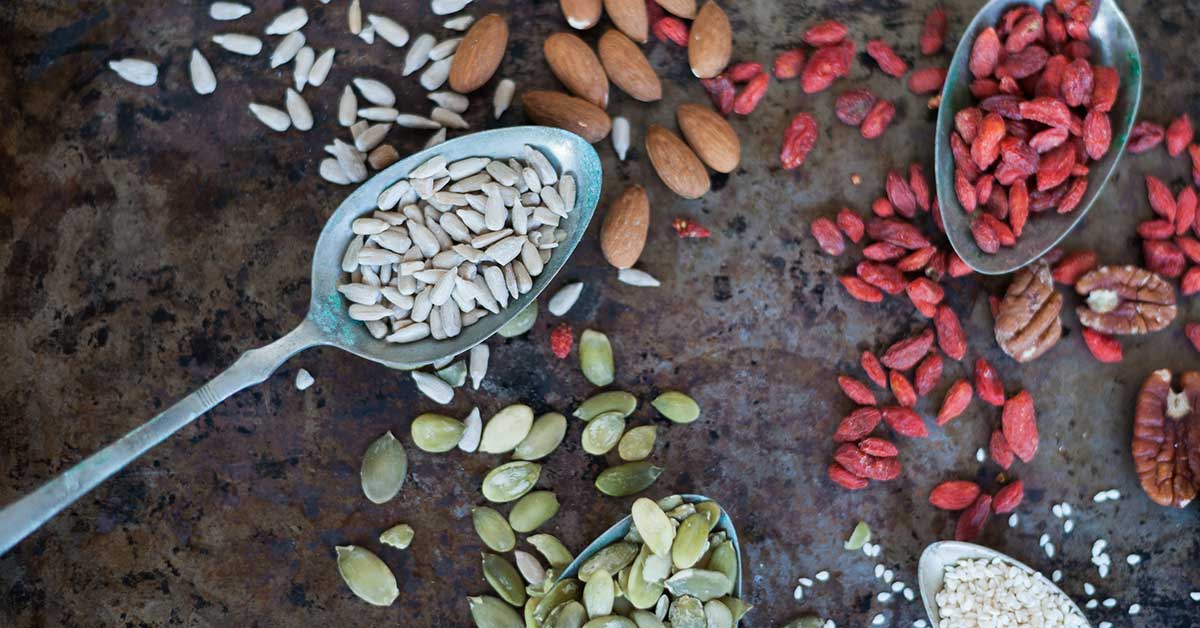
Seeds and nuts are a balanced source of vitamin E and are beneficial to human body tissue. A small serving of almonds, sunflower seeds or pecans provides the daily requirement of vitamin E. Known for its ability to support healthy skin and eyes in humans; Vitamin E can also partially shield eyes from the sun's harmful ultraviolet rays. Vitamin E preserves the cells in the eyes and protects against vision problems like macular degeneration. Some alternatively take vitamin E as a beauty supplement, as it is known to support healthy hair and skin. Vitamin E can also be used as in oil form to fight wrinkles and other signs of aging.
Foods That Are Rich In Omega-3
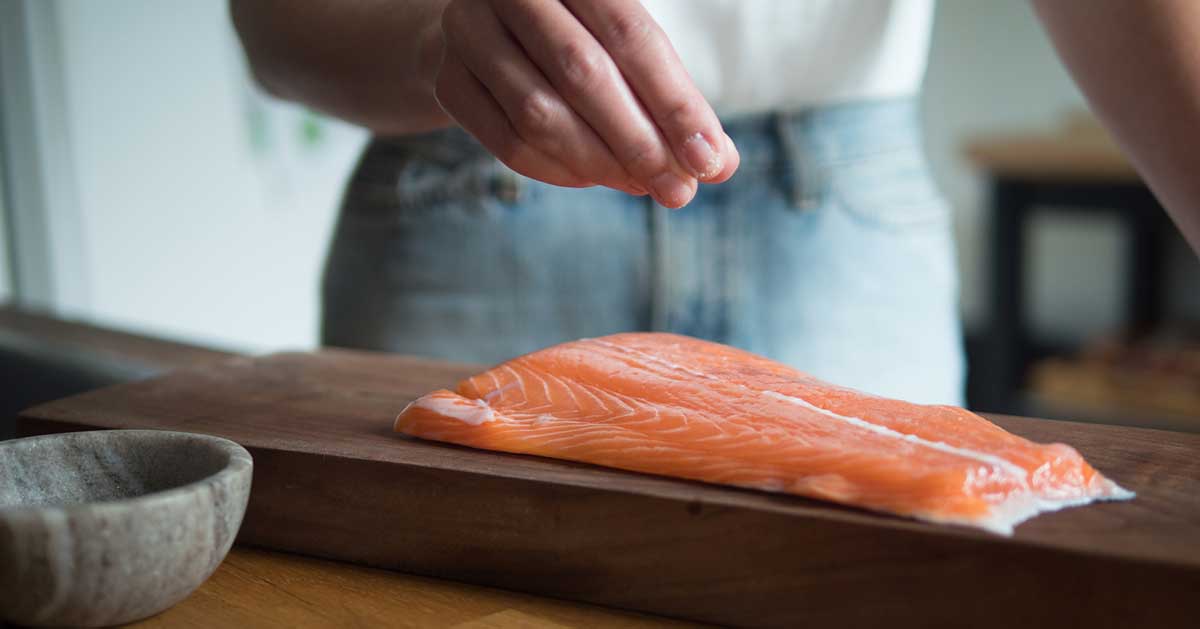
Omega-3 is a type of fatty acid essential to body function and is known as a good fat. Omega-3 provides numerous health benefits. For instance, studies conducted in infants found that getting the necessary amount of omega-3 was essential in optimal vision development. Omega-3 is also believed to help prevent dryness in the eyes. Fish are among the foods rich in omega-3; tuna, salmon, herring, mackerel, trout, and sardines are among the best kinds for optimal Omega-3 consumption. Omega-3 is also found in flaxseed, canola oil, and roasted soybeans. It is recommended to get the required amounts of omega-3 from food rather than oral supplements.
Zinc-Rich Foods To Protect The Eyes And More
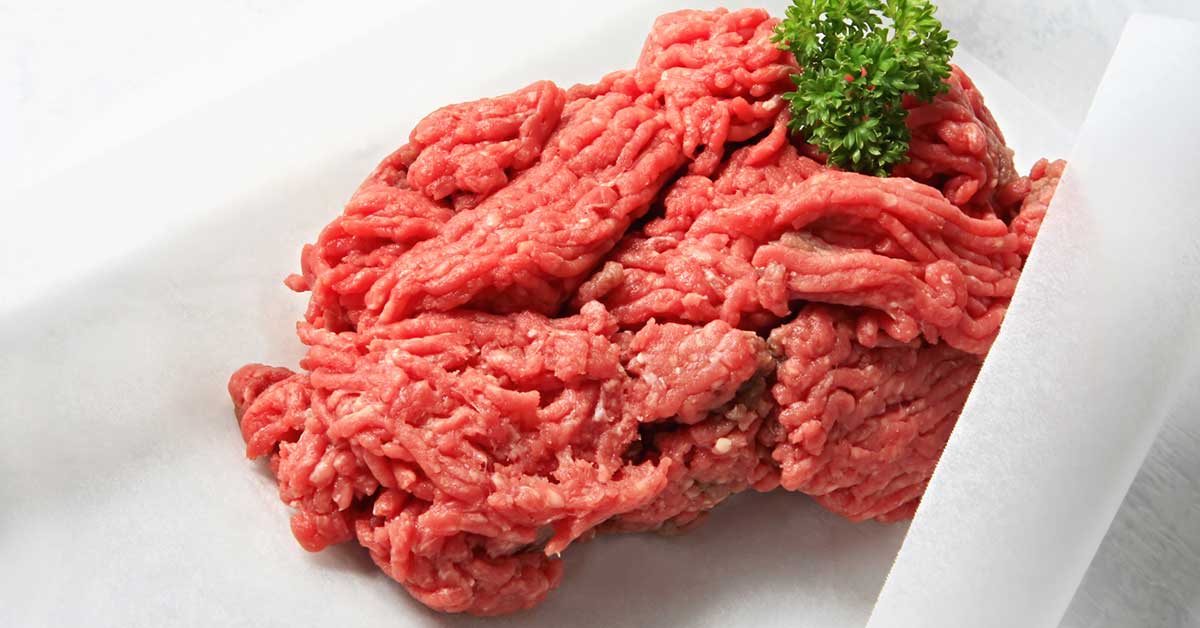
Zinc helps to support a healthy brain and immune system. Many are unaware of the fact that a zinc deficiency can make one more susceptible to infection. Zinc also acts as an aid to Vitamin A in creating melanin, a pigment that protects the eyes. If one is deficient in zinc, night vision is also known to be affected. Although supplements have been reported not to show any improvement in night vision, some research does show that zinc supplements can slow the progression of macular degeneration - a vision problem which worsens with age. Zinc-rich foods to improve and support health eyesight are pumpkin seeds, whole wheat, lean beef, fortified cereals, lean pork, and lamb.
Citrus Fruits And Reducing Cataracts
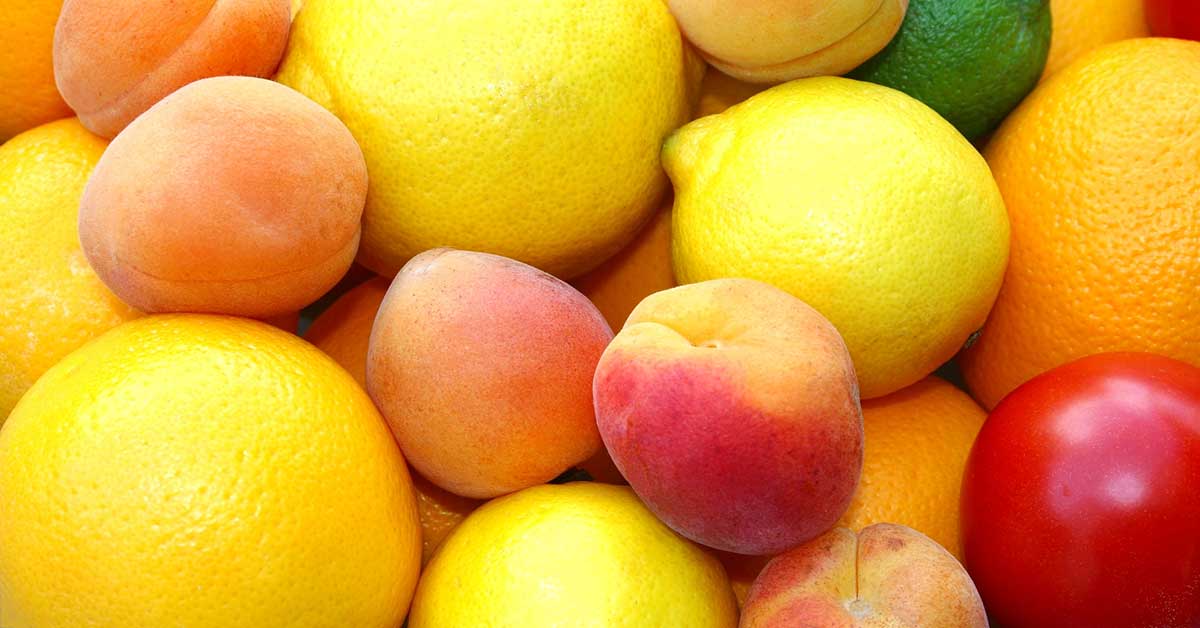
Vitamin C, also called ascorbic acid, acts as an antioxidant. Vitamin C helps develop and maintain body tissue as well as collagen located in the corneas. Some scientific research even shows that vitamin C may reduce the risk of cataracts. Vitamin C is also used to make skin cells, blood vessels, ligaments, and tendons. Many fruits and vegetables are rich in vitamin C, including all of the following: oranges, grapefruit, limes, and tomatoes. It is best to speak with a healthcare provider concerning necessary daily amounts of vitamin C.
Red Peppers For Vitamins A, C, And E

As previously mentioned, vitamin C can be a great aid in supporting eye health. Red bell peppers not only contain vitamin C but vitamins A and E as well. Adding red peppers into your diet would be an added way of receiving an extra strength dosage of vital nutrients. It is recommended to eat the peppers raw, as heat can break down vitamin C. A salad with uncooked peppers is an easy way of maintaining good vision. Red peppers are also known to be especially beneficial to blood vessels located in the eyes.
Eggs
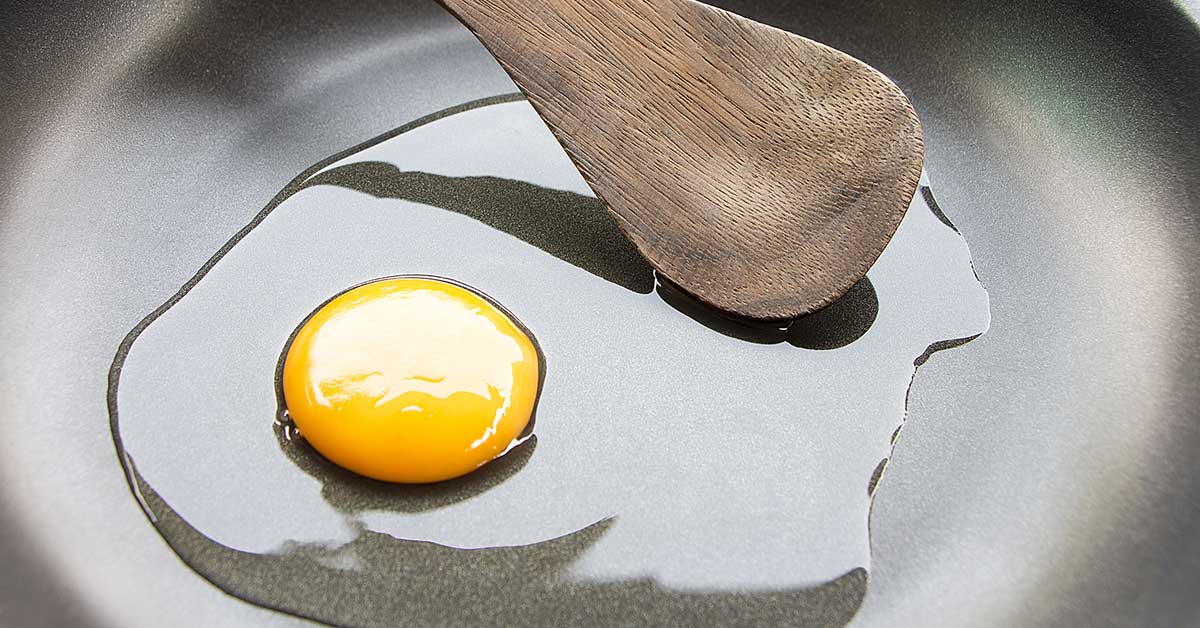
Most individuals know that carrots support eye health, but few are aware that eggs can be a necessary component in promoting good vision. For instance, zinc found in eggs help the body process and use lutein. Nutrients found in eggs increase the amount of the eye's protective pigment. Egg yolk aids in blocking harmful light from entering the retina of the eye. Eggs can provide other essential nutrients as well because egg whites contain more than half the egg’s protein and are also a good source of vitamins D, B12, and B6. Egg whites also include selenium, copper, and iron.
Poultry, Fish And Lean Red Meat
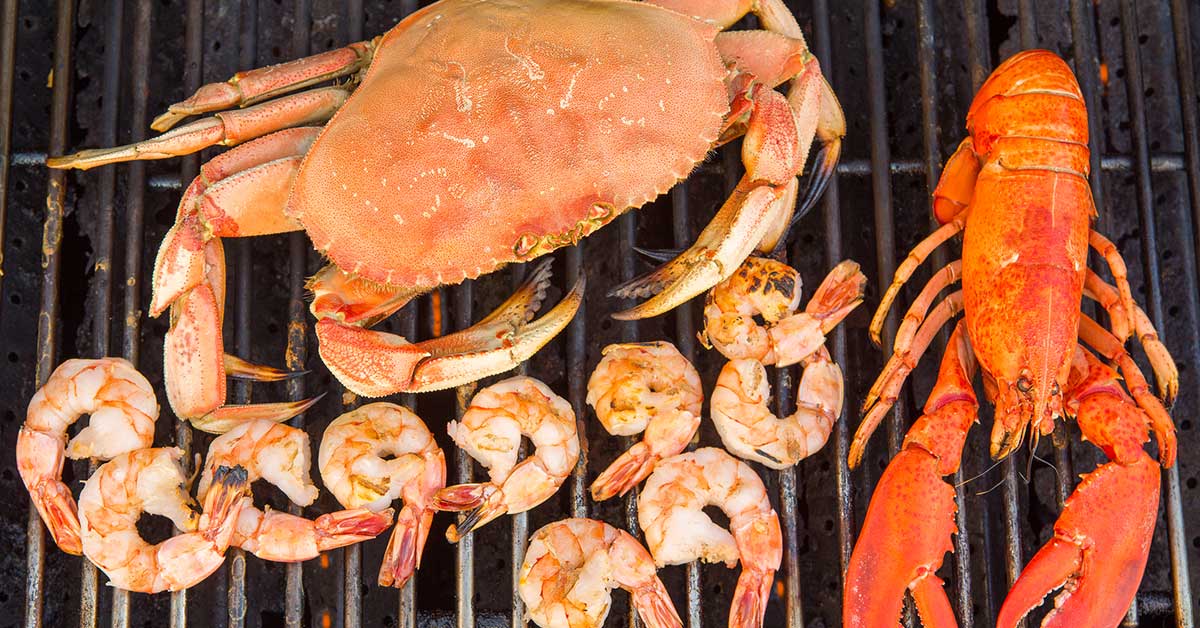
For those who love meat, consuming a few servings of lean meat or poultry can be very beneficial. Not only do these foods leave an individual feeling full and satisfied, but they also contain zinc which helps to make melanin, the protective pigment in eyes. Good sources of zinc are lean beef, chicken (either white or dark meat) and pork. Oysters are known to have the highest levels of zinc per serving than any other seafood. Other seafood containing zinc are lobsters, shrimp, and crabs. Some of these foods are delicacies and can be expensive, however, it is important to note that individuals need a relatively small amount of zinc in their diet.
Added Benefits Of Beans And Legumes
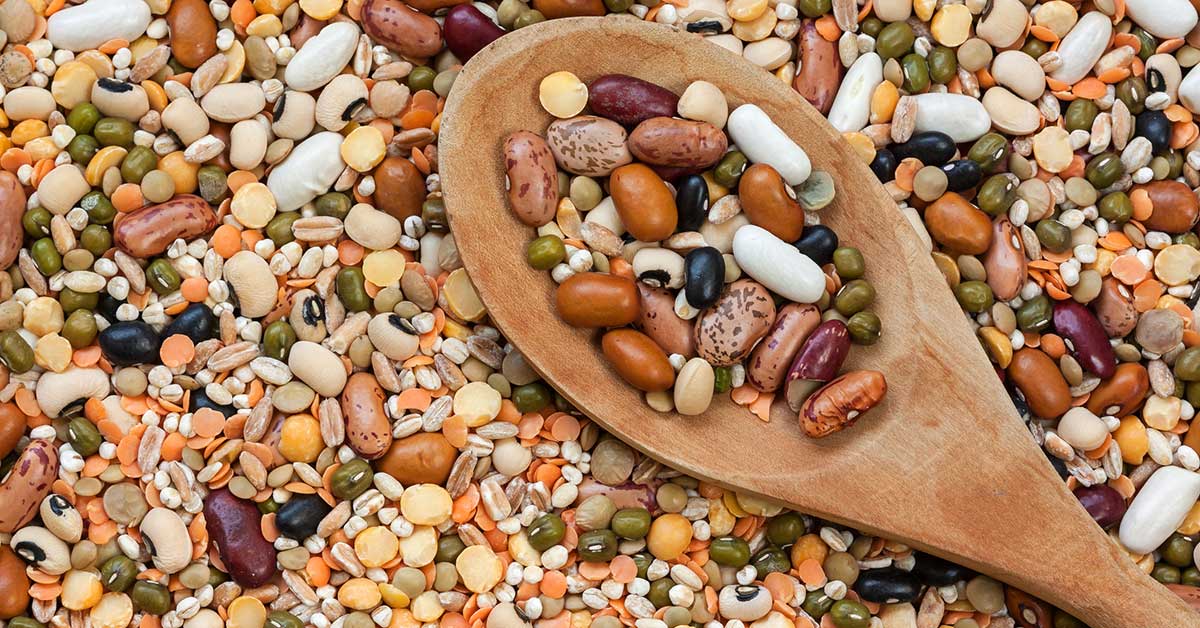
Bean-lovers will be glad to learn that both beans and legumes may help to slow macular degeneration. Legumes and beans can also support healthy night vision. An added benefit to eating beans is that they are known to be heart-healthy, low-fat foods. Chickpeas, black-eyed peas, lentils and kidney beans are all good sources of fiber as well. Eating legumes and beans can also give you the daily recommended amounts of protein, antioxidants, and potassium, too. Beans and legumes are versatile foods and can be eaten alone, or added to stews, chili or soups. Dry beans can be easily stored and are inexpensive as well.
